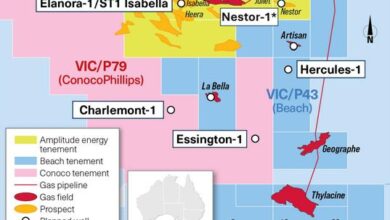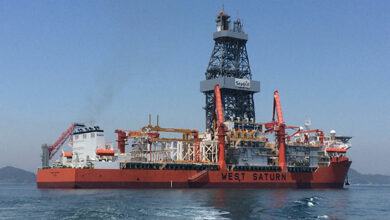Rowan jackup Bob Palmer leased by ARO Drilling for three-year contract with Saudi Aramco
Rowan Companies announced that the Bob Palmer, a Super Gorilla XL Class jackup rig, has been leased to ARO Drilling, the company’s joint venture with Saudi Aramco, to fulfill a three-year contract that ARO Drilling has been awarded by Saudi Aramco. The Bob Palmer was operating for Saudi Aramco in Saudi Arabia and will now do so through ARO Drilling.




